Expert Guide to Winter HVAC Issues and Solutions for Common Heating System Problems
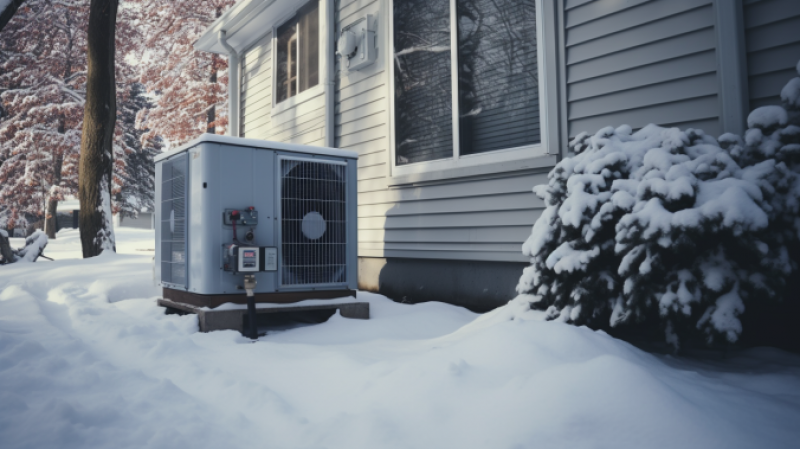
Table of Contents
While Vero Beach isn’t known for snow, winter is quickly approaching and with the season it brings along its own set of problems when it comes to your home’s HVAC system. Because of this is important to stay ahead of potential issues and know how to troubleshoot them if temperatures drop to freezing and issues arise. This introduction will discuss some of the common HVAC system issues that we see here At Air Docs, such as troubleshooting pilot light failures, frozen pipe maintenance, and other minor problems. With a little knowledge of the underlying mechanics and these helpful tips, you can avoid the worst winter HVAC nightmares and make sure your home remains warm and cozy.
Troubleshooting Pilot Light Failures in Winter
Pilot light failures in winter can be a tricky issue to troubleshoot, but there are several things you can do to diagnose and repair the problem. Firstly, check for any blockage of external vents, as these can sometimes be blocked by debris such as leaves and dirt. However, if airflow is not the issue, the next step would be to check the pilot light assembly.
Make sure the thermocouple is properly connected to the pilot light and the main valve while also checking for corrosion an build up. It’s also important to make sure there is adequate air circulation around the area where the pilot light is located. On the other hand, if all of the connections are properly installed, it may be necessary to adjust the gas pressure.
As a result, any blocks or obstructions should be cleared before any parts are replaced. Test the connection of any new replacement parts as well, to make sure it is working properly. If any problems persist after troubleshooting these steps, it may be a good idea to call a professional to further assess the issue.
Preventing and Managing Frozen Pipes in Your HVAC System
Preventing frozen pipes in an HVAC system is of utmost importance. While pipes located outside of a home or building are particularly susceptible to freezing, many other pipes are easily impacted by freezing temperatures as well. Therefore, it is important that the proper precautions are taken to prevent frozen pipes.
One key element in the prevention of frozen pipes is insulation. Ensuring that all pipes exposed to the outdoors, are properly insulated, is essential in reducing the risk of frozen pipes. Additionally, any pipes located in areas subjected to particularly cold temperatures, should be lined and wrapped in insulation to ensure they are adequately insulated.
Moreover, the temperature of the HVAC system should be monitored carefully. Generally speaking, temperatures should be kept above 50° Fahrenheit to reduce the risk of freezing pipes. Furthermore, the installation of pipe sleeves and heated cables, can also help to keep pipes warm and avoid freezing. In contrast, small and vulnerable pipes should be placed in locations which are protected from the elements and experience more consistent temperatures.
Additionally, drains associated with HVAC units should be inspected and regularly serviced. Making sure that drains are clear and free of debris, is an important step to ensure pipes will not freeze. Moreover, should there be a query of a potential issue it is always best to seek advice from a qualified HVAC technician in order to prevent further damage.
On the other hand, should your pipes become frozen, action should be taken quickly and efficiently. Heating elements, such as hot water bottles, should be used to slowly thaw the frozen pipes. Similarly, a hair dryer can be used as an alternative to defrost the pipes. For instance, should the pipe be close to joint, it should be heated gently and from all positions in order to defrost the pipe correctly and avoid it becoming fractured due to the temperature change. In addition, it is important to note that applying direct flame to frozen pipes should be strongly discouraged in order to avoid bursting.
Other Common HVAC Issues In Winter
Other common HVAC issues in winter include faulty thermostats, frozen evaporator coils, lack of air flow, and dirty air filters. However, these are only a few of the many potential problems a homeowner may experience throughout the cold season. Moreover, if certain steps are not taken care of, such as regular maintenance and repair, it could cost significantly more to deal with a problem later in the heating season. On the other hand, the majority of these problems are easily preventable.
In addition, faulty thermostats, a common HVAC issue in winter, can be a difficult issue to diagnose. Usually malfunctioning thermostats present themselves in the form of a lack of air being provided by a furnace. Therefore, a diagnostic test should be done to determine the problem and to provide a proper solution. Furthermore, a thermostat should be calibrated every two to three years, to ensure the home is kept at an optimal temperature.
For instance, frozen evaporator coils can cause an HVAC system to run more frequently than usual yet still it would not produce the desired air temperature. This is due to the frozen coils and air will not flow correctly either. Similarly, lack of air flow or inadequate air flow directly affects the HVAC system. If the pressure from the air fan is not at the specified level, air flow will be affected and, as a result, the house will not reach the desired temperature.
A homeowner should also make sure the air filter is replaced on a regular basis, as dirty air filters can cause a lack of air flow and block the warmed air from transferring into the home. Not only that, this issue can also create a build-up of hazardous gases that could be hazardous to a family’s health. Since HVAC systems are designed to produce air circulation, homeowners should keep in mind that regular maintenance and repair is key to ensure peak performance of their system during winter.
Conclusion
In conclusion, there is many reasons why your HVAC system could potentially go out during winter, but by understanding the most common problems you can avoid not knowing how to fix them! As always, if you do not feel comfortable preforming DIY projects on your home please exercise extreme caution and give Air Docs a call! We’re here to help!
Frequently Asked Questions
What are the most common HVAC problems during winter?
The most common HVAC problems during winter months are:
1. Frozen pipes and coils
2. Frozen condensate drains
3. Insufficient heating due to inadequate insulation
4. Poor airflow caused by clogged filters and dirty vents.
5. Short cycling caused by a thermostat or failing blower motor.
6. Low refrigerant due to leaks in the system.
What are the signs that my HVAC system needs professional servicing?
The most common signs that a HVAC system needs professional servicing are:
1. Unusual and loud noises coming from the system.
2. Uneven or weak air flow from the vents.
3. High energy bills or longer than usual running times.
4. Inconsistent temperatures in different rooms in the same home.
5. A noticed increase in the number of allergens in the air or a musty smell.
6. Short cycling of the system.
How often should I have my HVAC system inspected
It is generally recommended to have your HVAC system inspected by a professional once a year. This will help to ensure that your system is running efficiently and properly, and that any potential problems can be addressed before they become more serious.
Other Blogs You May Be Interested In
Categories

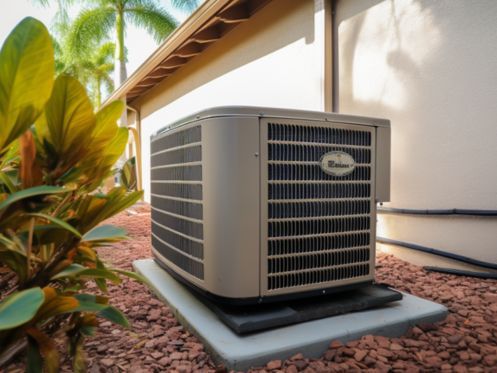
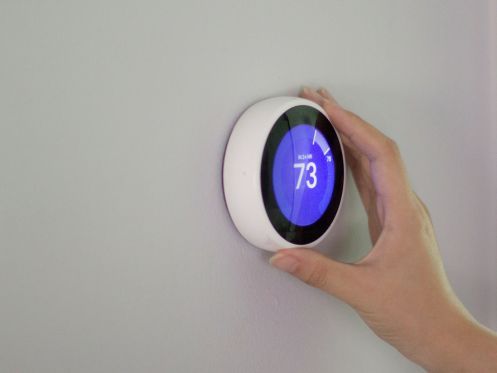

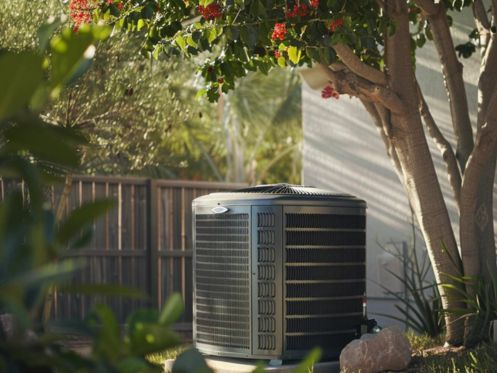

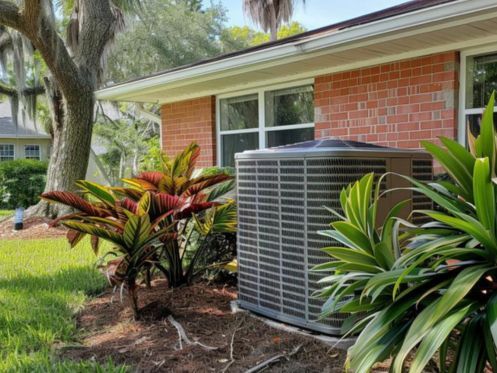
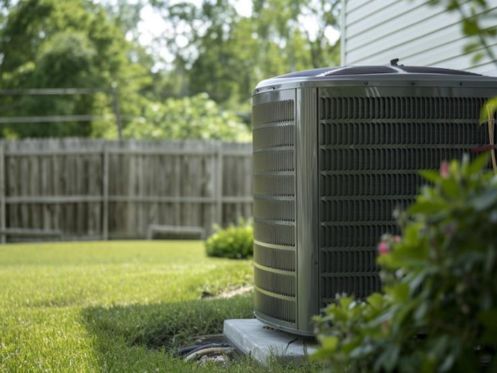
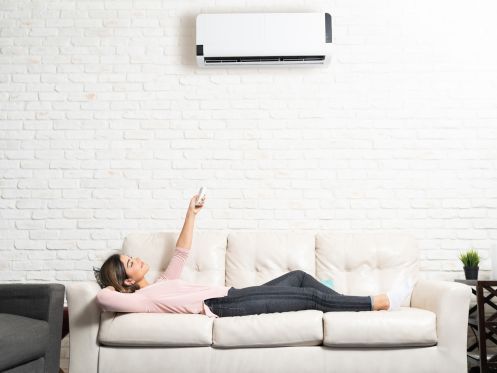
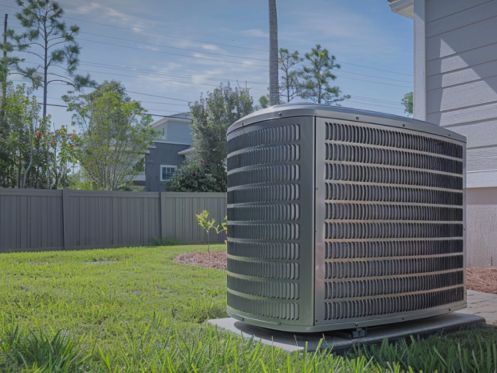
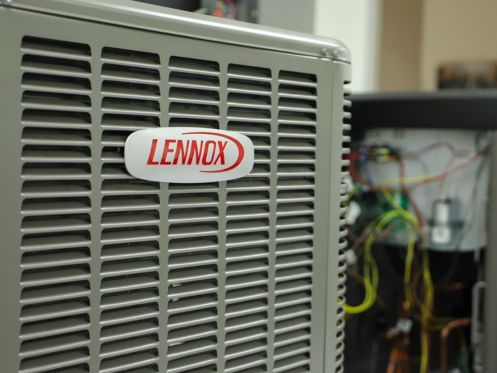

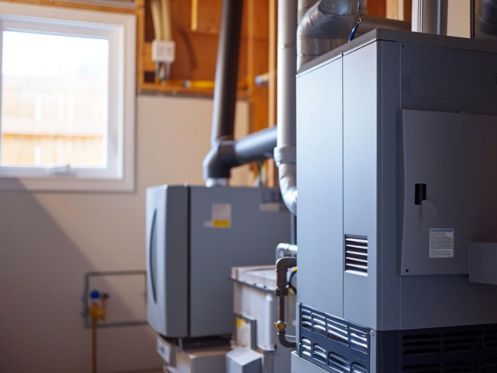
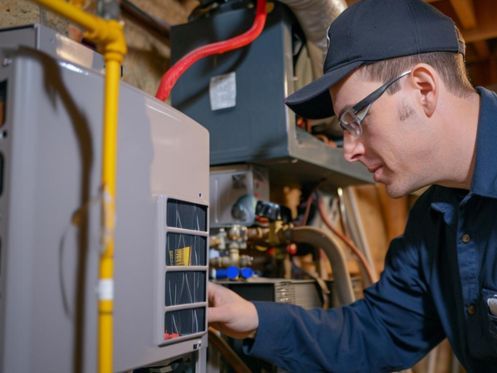
Leave a Reply